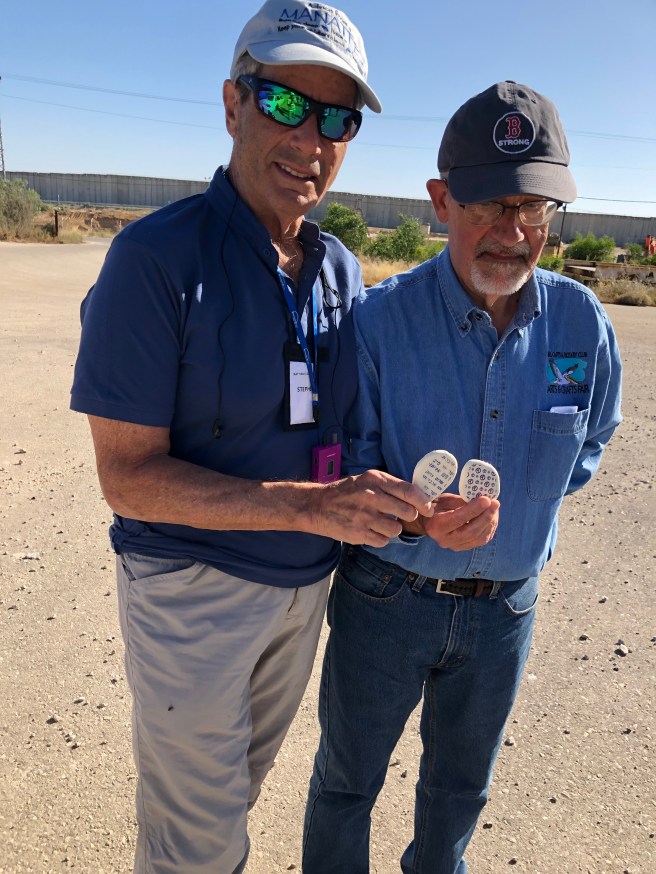The Hebrew month of Elul begins this year on September 1.
During this month our tradition calls upon us to scrutinize our actions to prepare for the intense period of repentance and soul searching from Rosh Hashanah through the full day fast on Yom Kippur ten days later.
Soul Searching
Looking back over my life I find myself regretting the all too many times that selfishness supplanted kindness and intensity pushed concern for the feelings of others out of my consciousness.
Our High Holy Day prayerbook urges us to think of others and how we have treated them in the past. This year my interactions with one person from high school come to mind: Barbara Merchant.
Barbara and I
The high point of my high school academic career came when our Guidance counselor, Miss Jane Perry, came into our English class after the first six-week grading period junior year to announce that I stood first in the class academically for the grading period.
As Miss Perry left the room Barbara followed her out into the hall. Two minutes later Miss Perry returned to announce that Barbara and I had tied for first in the class. Somehow Barbara knew that our report cards that period were identical.
Barbara Merchant! Typing her name fills me with regret.
She was very bright and very kind. We should have been friends, but we were always rivals in the classroom and on the school newspaper. Sadly, each of us was denied the position of Editor-in-Chief our senior year because of fear that neither of us would take direction from the other. So she became Feature Editor, and I became Front Page Editor.
It is well over half a century too late, but it is clear to me now that Barbara absolutely deserved to be Editor in Chief more than I. If our rivalry denied her that honor, I am truly sorry. But, things look differently at 73 from the way they looked at 17.
I have Googled Barbara without success, and I do not know what became of her. I want to apologize to her. I know that I did not treat her with the respect and admiration she deserved.
A couple of times we had meaningful conversations, but it was rivalry and envy that marked the way we regarded each other most of the time.
As the month of Elul approaches, and our season of introspection and repentance begins, I want you to know, Barbara, that wherever you are, I am truly sorry.


 Pastor John Danner and I at the Peace Wall at the border of Gaza comparing our messages of hope that this troubled part of the world may one day know harmony and cooperaton.
Pastor John Danner and I at the Peace Wall at the border of Gaza comparing our messages of hope that this troubled part of the world may one day know harmony and cooperaton.